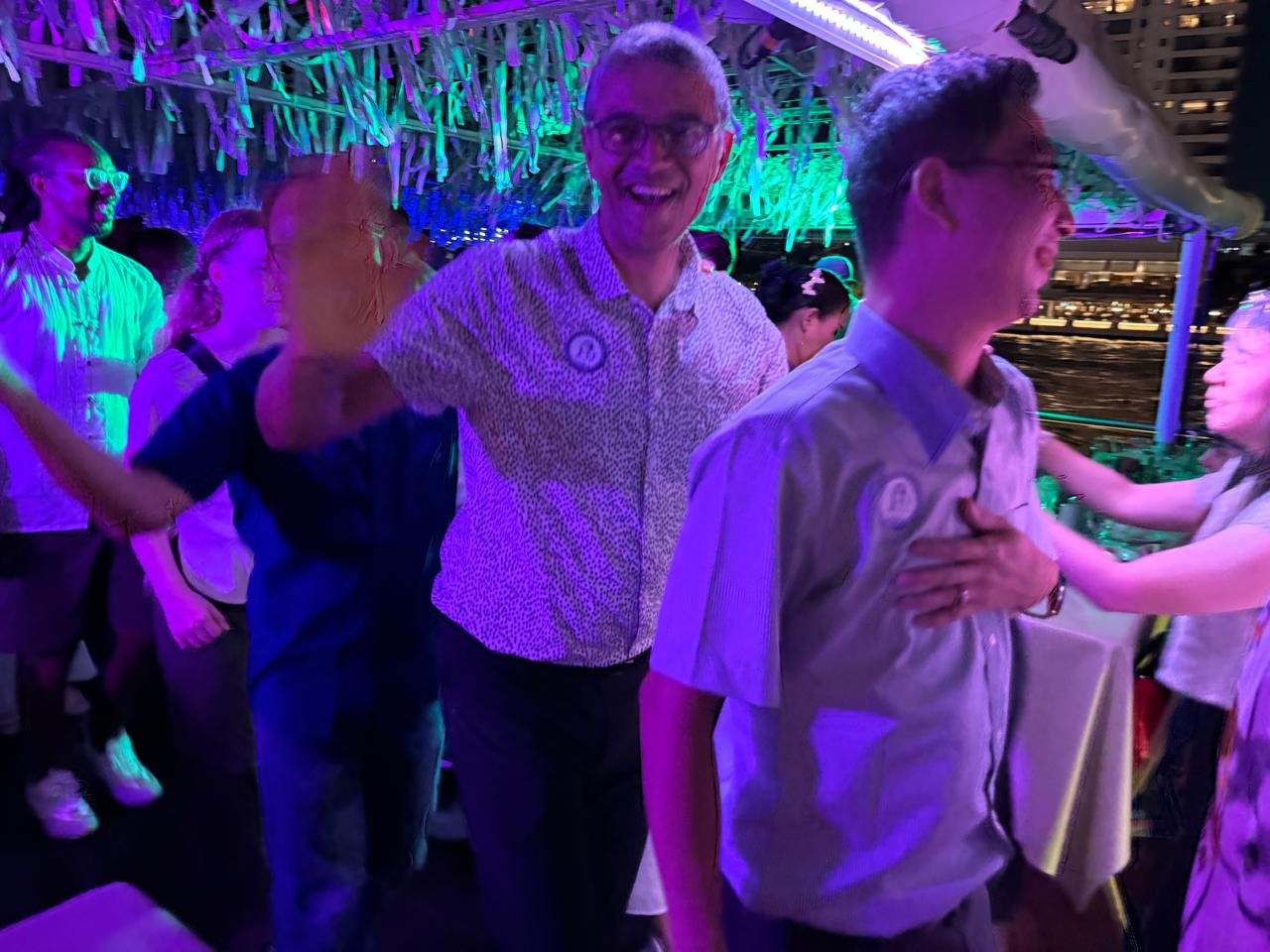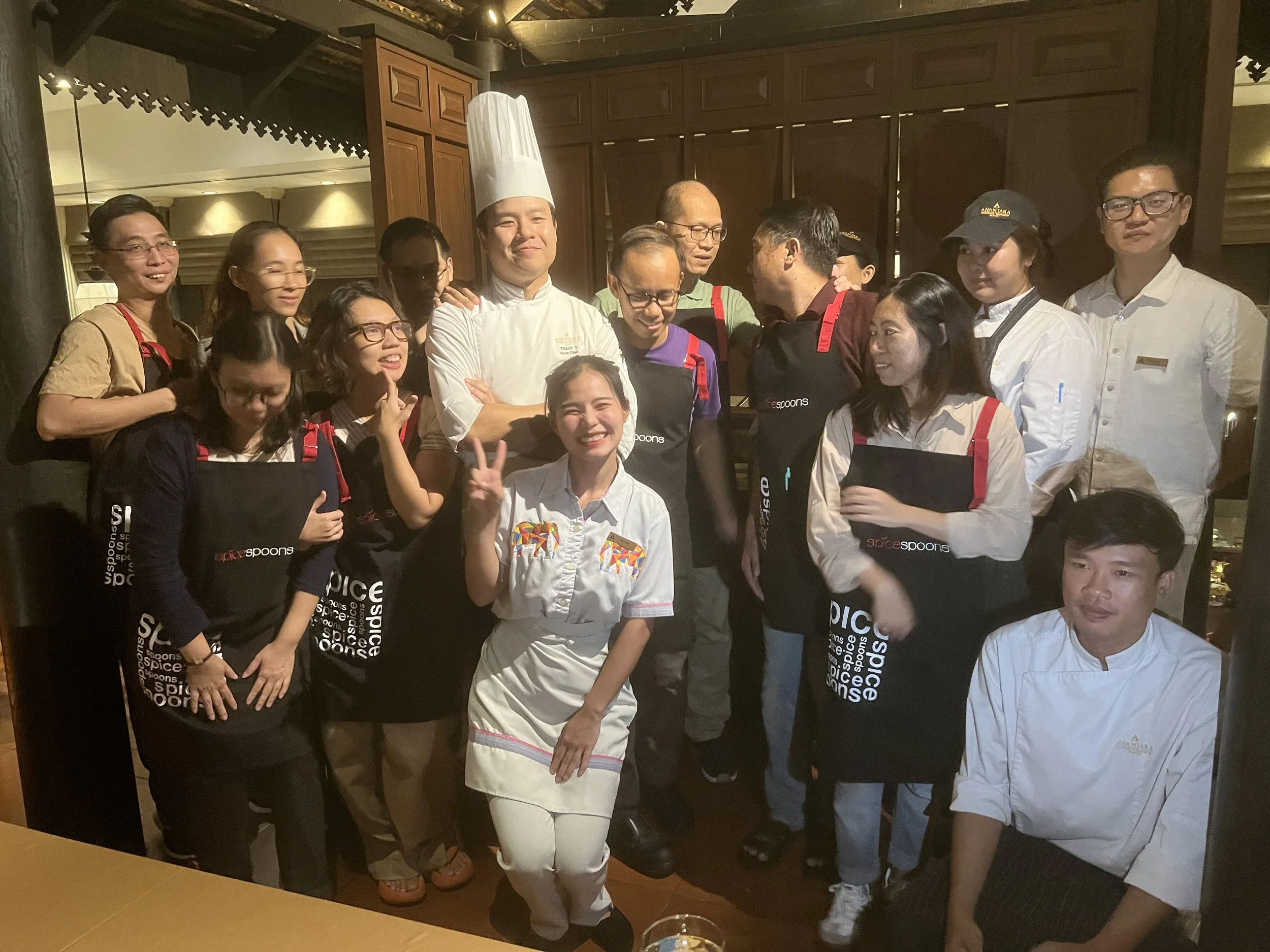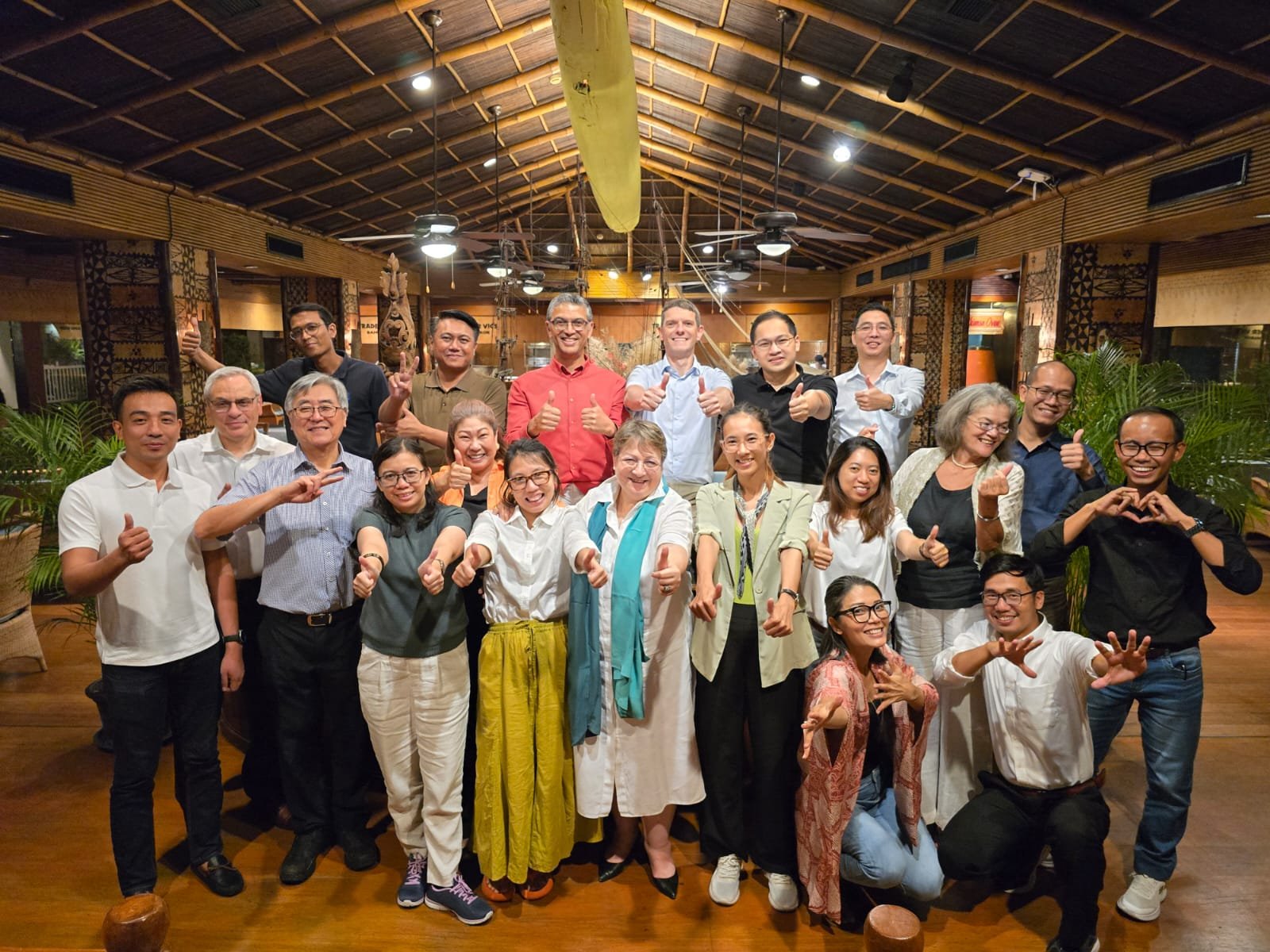Bridging-Changes: Teaching Leadership in Practice
By Claudine Haenni, Managing Director, Bridging-Changes Foundation
As announced in TASC Platform’s December 2023 Newsletter, the Bridging-Changes Foundation began its Leadership Academy in June 2024. After interacting with each other and the facilitators online for six weeks, the twelve selected participants from Myanmar came together in Bangkok for their first in-person training from 09-17 June.
When we were preparing for the course and discussing with potential donors, a diplomat asked me how long I thought it would take for the Leadership Skills Training to impact and bring about change. My glib come-back was to ask him how long he thought it would take for Myanmar to return to peace. In that time, I could prepare a critical mass of people who think differently about leadership, human interactions and treatment.
Looking at our participants after this first module, I confess I was wrong. I underestimated the immediate impact this first part of the course would have on them. The outcome surpassed everyone’s expectations.
The participants, coming from different sectors of Myanmar society, found themselves in a safe space and were able to forge bonds that would serve them beyond the immediate Leadership Skills training. They still get together in Yangon regularly. Our small, highly qualified international team of facilitators was capital.
The time was spent together, learning more about ourselves, our personalities, and our energy styles. We got to know ourselves better and better understand others around us. Emphasis was placed on trust-building, creating teams, inclusiveness, and, most importantly, reflections on what authentic leadership means.
There was profound sharing, hard work, introspection, difficult reckonings with ourselves and opportunities to express gratitude.
However, there were also many fun moments: trust falls, a dancing boat ride on the Chaopraya, Leaderchef, which allowed the participants to show their team's culinary prowesses, practising their active listening and feedback skills by interviewing strangers, and many other precious moments.
Laughing together brought us closer. The work, introspection, and experiences we shared forged bonds between people of very different backgrounds.
The feedback we received was telling: “What we have been learning, we will never get taught in an MBA course.” “Now I finally understand why my team members function differently.” “I thought being a leader meant solving my team's problems. Now I understand that being a leader means giving them the space and encouraging them to find solutions themselves.” “My wife wants me to thank you!”
““I thought being a leader meant solving my team’s problems. Now I understand that being a leader means giving them the space and encouraging them to find solutions themselves.” ”
Before the first module, the participants were asked to assess themselves on a scale of 1-10 on 15 skills required for leadership today. After the module, they were asked to re-evaluate themselves. Except in one case, all the participants felt that they had upped their skills across the board.
The Ripple Effect
Given Myanmar's current situation, we have also realised that the skills our participants acquire have impacts beyond leadership in their workplaces. They are also tools that strengthen their resilience and that of the people around them, assisting them in coping with the volatile, uncertain, complex, and ambiguous situations in their country.
Each person felt sufficiently impacted to change and implement some of the skills learned in their families and daily lives. This may not seem like much, but it is huge. And what will it be like after three modules?
Networking, the buddy system and the use of tools, such as the MBTI, empathy mapping, active listening or gratitude journaling, to name a few, have taken off and are creating ripples of change already now.
We are giving young people the skills to imagine and implement a better, more humane future for their society.




